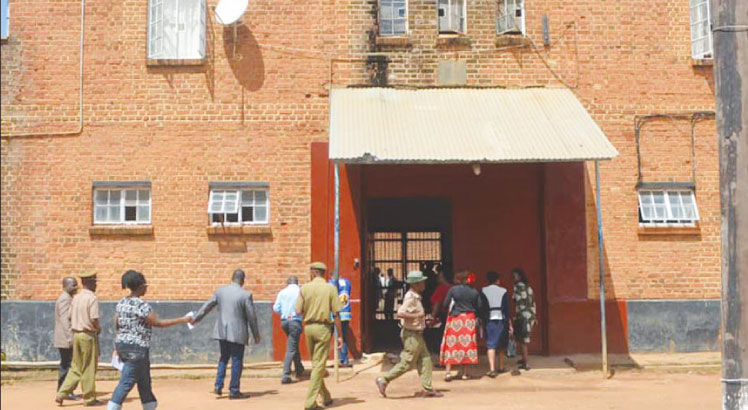
Five death row inmates are seeking their release from prison, two years after President Lazarus Chakwera commuted their sentences to life imprisonment.
Chafika Ndege, 73, George Biliati, 61, Wyson Khululupi, 67, Zathyoka Thalipeza, 65, and Bamusi Bendulo, 65, have written the Advisory Committee on the Granting of Pardon.
They are incarcerated at Zomba Central Prison having served between 15 and 20 years for different murder cases.
Their letters cite old age, harsh prison conditions, deteriorating health and post-traumatic stress disorder (PTSD) as reasons for consideration.

While their conditions differ, each of their letters reads: “I understand that I have a human right to seek an executive pardon irrespective of what I am accused of. Indeed, Article 6 [4] of the United Nations Covenant on Civil and Political Rights specifies that anyone sentenced to death shall have the right to seek pardon.
“Human rights law clarifies that pardoning me is a question based on my individual circumstances, such as my health and conditions of incarceration, not the crime of conviction. My individual circumstances warrant a pardon.”
Ndege claims he suffers from hypertension which could possibly lead to heart failure or stroke
“Although I have been prescribed medication, it is not always available. I also suffer from intense pain on the right side of my body which causes me to walk with a limp and to rely on my fellow inmates for mobility. At times, I am unable to lift my leg,” his letter states.
Prior to his incarceration, Ndege was village head Kombe.
Biliati says he suffers from treatment-resistant anaemia and digestive problems.
“I am on medication for hypertension and I suffer from nerve damage which doctors say can affect my heart if left untreated. I have had recurrent malaria attacks and tuberculosis. Lastly, I have significant eye problems and must wear dark sunglasses most of the time to keep from getting headaches caused by the bright light,” his letter states.
Part of Khululupi letter reads: “I struggle with urinary problems believed to be caused by a tumour. Although I have sought medical attention, doctors have failed to solve it.
“I also have recurring swelling in my hands, feet and worsening vision problems. In 2022, I was assessed by Dr. Ndumanene Devlin Silungwe, a clinical psychologist, who concluded that I have an intellectual disability and that this likely had its onset during my childhood.”
Thalipeza’s letter reads in part: “My circumstances have caused me to suffer from severe anxiety and depression over the years.”
On his part, Bendulo claims to have suffered from tuberculosis, malaria and other respiratory problems caused by early exposure to nicotine as a child labourer on tobacco farms.
“I also suffer from finger clubbing which has been caused by low blood levels of oxygen,” part of his letter states.
Additionally, Bendulo says he was diagnosed with depression and PTSD.
Our efforts to speak to Malawi Prisons Service Commissioner General Masauko Wiscot on Friday proved futile as he did not pick our calls on several attempts.
Early this month, Centre for Human Rights Education, Advice and Assistance (Chreaa) also asked President Lazarus Chakwera to consider pardoning the elderly inmates.
Chreaa said: “Releasing these five men on Independence Day would be the perfect opportunity for the President to use his powers of mercy as a force for good.
“These individuals do not present any danger to society and have each already served a minimum of 15 years in prison. The President commuted their sentences, now he should go one step further and release them. They are first time offenders and evidence points to their innocence.”







0 Comments